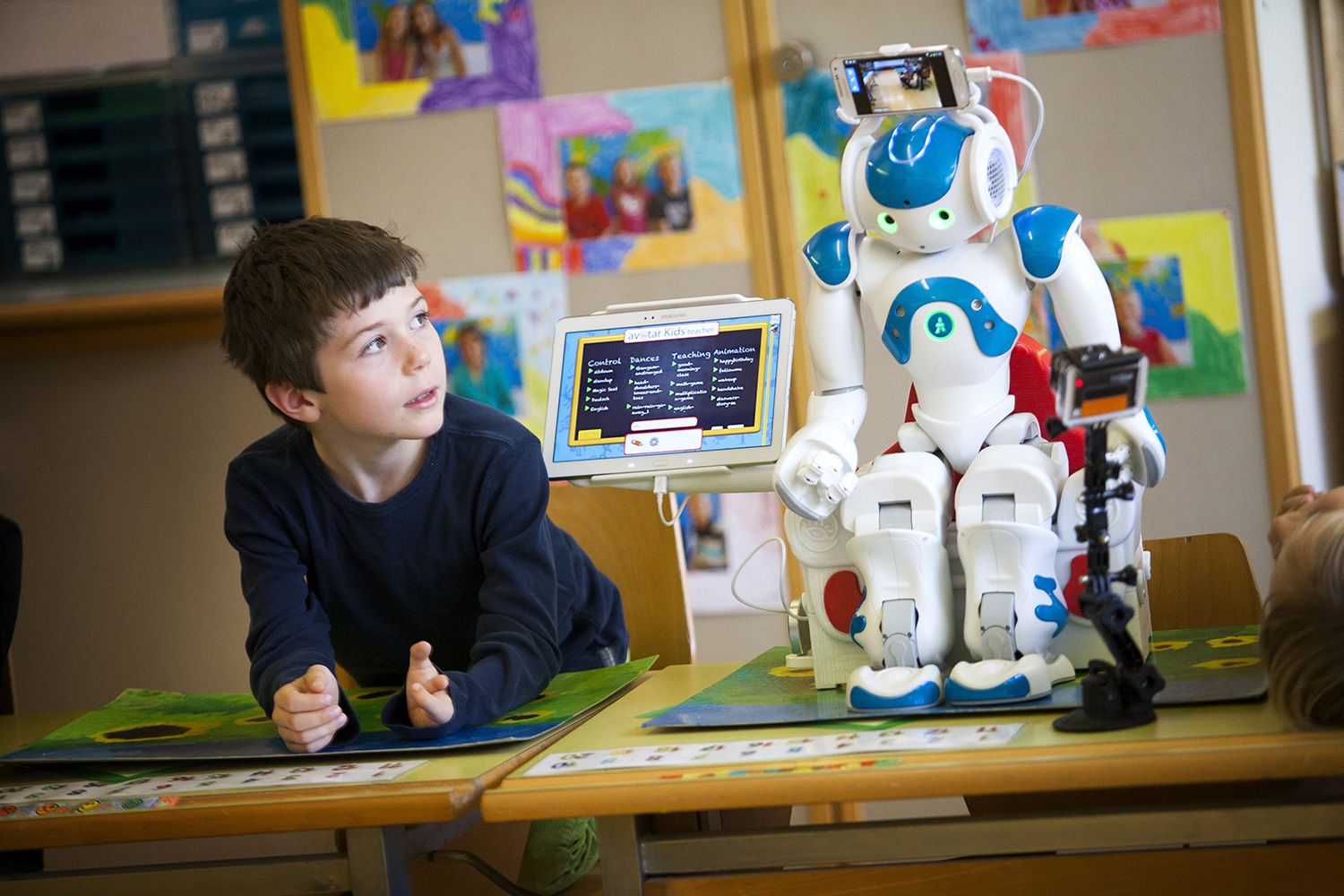Artificial Intelligence (AI) is revolutionizing various industries, and education is no exception. With the advancements in technology, AI has the potential to transform the way we learn, making it more personalized, engaging, and effective. In this article, we will explore the impact of AI in education and how it is shaping the learning experience.
The Power of Personalization
One of the key benefits of integrating AI in education is its ability to personalize the learning experience for each student. Traditional classroom settings often follow a one-size-fits-all approach, where students with different strengths and weaknesses are taught the same way. However, AI algorithms can analyze vast amounts of data to identify individual learning styles, preferences, and areas of improvement.
By understanding each student’s unique needs, AI-powered platforms can tailor educational content and pace to match their abilities. This personalized approach ensures that students are neither overwhelmed nor bored, resulting in improved learning outcomes. Moreover, AI can offer real-time feedback and adaptive assessments that can help students track their progress and focus on areas that require attention.
Enhancing Learning Opportunities
AI in education opens up new opportunities beyond classroom walls. Virtual reality (VR) and augmented reality (AR) technologies powered by AI can provide immersive learning experiences that go beyond traditional textbooks. For example, students can explore historical sites, simulate complex scientific experiments, or even interact with AI-powered virtual tutors who can answer their questions and guide their learning.
Furthermore, AI can support collaborative learning by analyzing student interactions and suggesting suitable group projects or study partners. By leveraging AI’s ability to process large amounts of data, educators can gain valuable insights into student engagement, identify patterns, and fine-tune teaching methods accordingly.
Adapting to Individual Pace
Another crucial aspect of AI in education is its capacity to adapt to each student’s pace of learning. Traditional classrooms have fixed schedules, forcing students to follow the same timeline, regardless of their understanding of the subject matter. However, AI can provide adaptive learning pathways that cater to individual needs, allowing students to progress at their own pace.
With AI, students can revisit challenging concepts, access additional resources, or explore advanced topics beyond their grade level. This flexibility ensures that students do not feel left behind or held back by the general pace of the class. Consequently, students can foster a deeper understanding of the material and achieve mastery before moving on to the next topic.
AI as a Supportive Tool for Educators
While AI holds tremendous potential for enhancing the learning experience for students, it also serves as a valuable tool for educators. AI-powered platforms can assist teachers in various ways, from automating administrative tasks to generating personalized learning plans for each student.
By automating routine administrative duties like grading and attendance tracking, educators can save time and focus more on providing personalized guidance and support to individual students. AI can also analyze student data, such as performance metrics and learning patterns, enabling teachers to identify struggling students who may require extra attention.
Conclusion
AI is revolutionizing the education sector by personalizing the learning experience, improving engagement, and providing new opportunities for students. With its ability to adapt to individual needs, AI creates a more student-centric educational environment that fosters better understanding and mastery of subjects. Moreover, by aiding educators in their tasks, AI supports teachers in delivering a more tailored and effective education.

